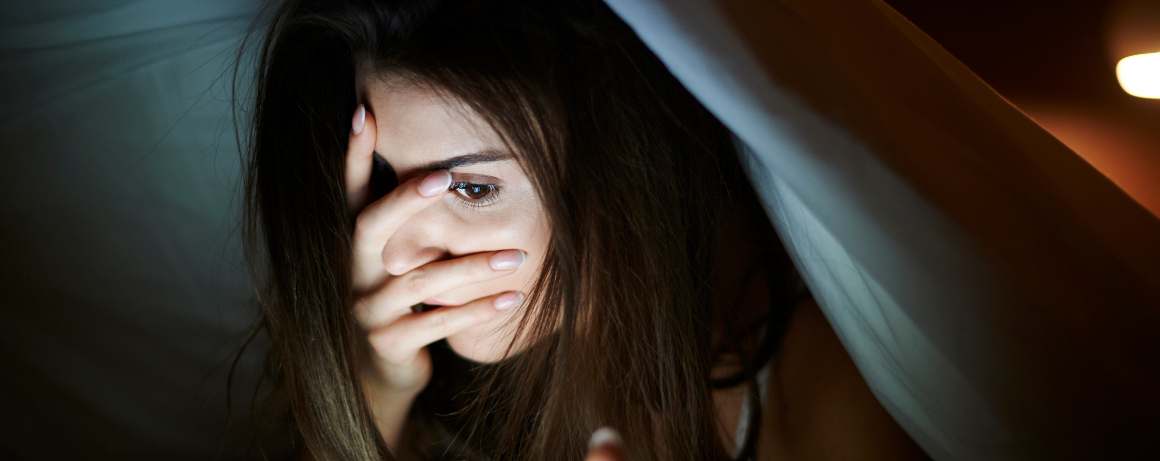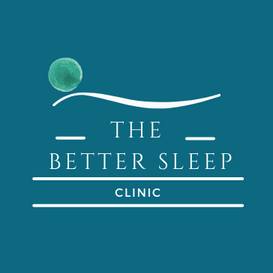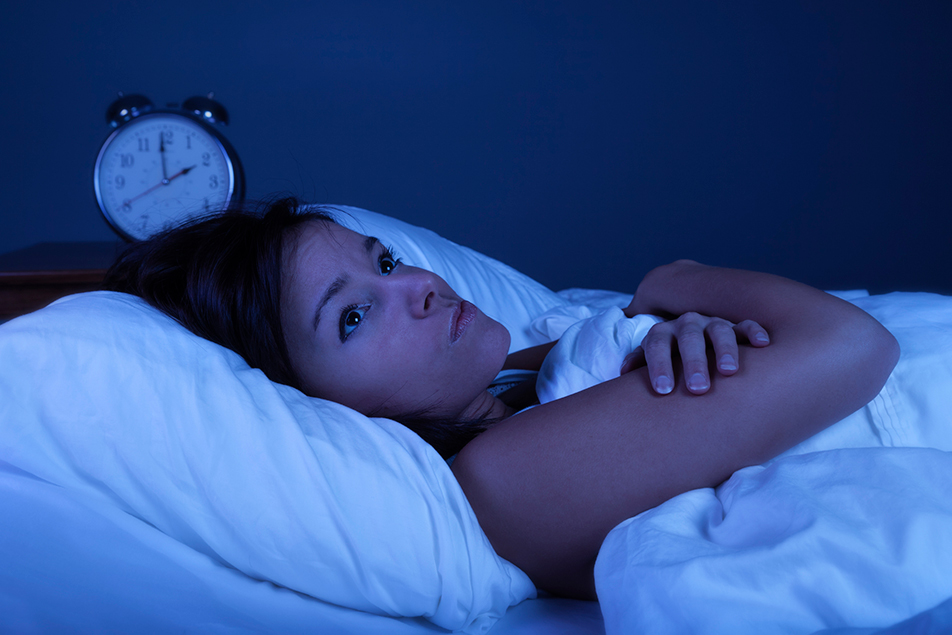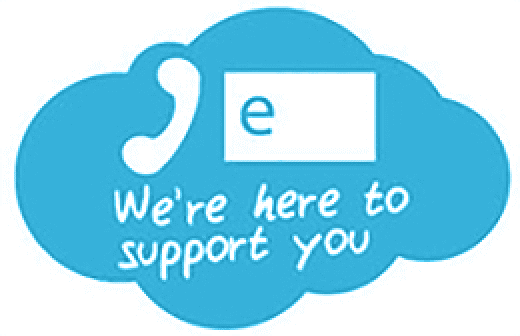Last Updated on December 4, 2024 by Mandy Gurney
Join us for part one of our series helping to improve parents’ sleep.
In this episode, we’ll explore why it’s hard to sleep even when your child is sleeping well.
It is very common for babies and children to pass through periods of struggling with their sleep. This can place significant stress on you as a parent, especially if you have other children or have returned to work.
Thankfully most issues around sleep with children are temporary, however, it is not uncommon to find that after your children have gone back to sleeping through the night, you struggle as a parent to get back into a good sleeping pattern.
This can be very frustrating after having succeeded with the challenge of getting your child sleeping again. It can also feel very lonely, to be the only one left awake in the household.

Why do parents struggle to get back into a healthy sleeping routine?
The reasons for this vary – sometimes you can find yourself lying awake, waiting for your baby to cry. Or sometimes you feel that after such a long time with interrupted nights, you’ve just forgotten how to sleep.
Looking at the first cause – lying awake and waiting for your baby to cry. This comes back to one of the common reasons behind insomnia – stress, worry and anxiety.
This is thought to be evolutional in origin. As mammals, we are very vulnerable as we sleep – lay on the floor with our eyes shut, not listening. Almost anything could walk up to us and eat us. To offset this risk, in the pre-sleep period, if we perceive any risk at all then our body’s reaction is to stay awake.
If you could imagine when we were cavemen sleeping in a cave, and a Sabretooth tiger walked past – our bodies would react to be completely alert and completely awake.
If we fast forward to 2024 we don’t sleep in caves and we don’t have Sabretooth tigers – but we do have smaller stresses and worries, which aren’t going to kill us, but on that same spectrum of stress worry and anxiety and with that same potent ability to stop us from sleeping.
Such stresses can be anything. Relationship trouble, financial worries or health concerns – or worrying about your baby. Either through being vigilant for them waking, or worrying about them in general.
A weakened sleep trigger
Another common reason parents can struggle to get back into a healthy sleep pattern is through a weakened sleep trigger. What does this mean?
We are often told that sleep is more important than eating or drinking. Certainly, you can last longer without eating than you can with sleep. But unlike these other vital processes, sleep is placed outside of our voluntary control. How does the body know when to fall asleep?
Generally speaking, it is the process of getting into bed that triggers us to fall asleep. This is similar to the story of Pavlov’s dog.
Pavlov was a man who fed his dogs at the same time each day which coincidentally was the same time a church bell would ring. One day he was late to feed his dog but when he arrived they were already salivating. This is because they had associated the bell ringing with food.
For us, the bell ringing that triggers sleep is getting into bed. However, if through the experience of having a child who doesn’t sleep, or through having extended periods of hypervigilance waiting for your child to cry, you may have found yourself spending more time in bed awake than asleep.
When this happens the bed no longer acts as a trigger for sleep. More often it has become the trigger for worry about your children, or for listening out for crying, or perhaps for trying hard to sleep and becoming very frustrated in the process.
How to get yourself back into a healthy sleeping pattern?
Our next two articles in the series look at practical steps to get you back into a healthy sleeping routine; addressing anxious thoughts around sleep and your children and rebuilding the link between the bed meaning sleep.
The Better Sleep Clinic is an online clinic treating a variety of adult sleep disorders, including insomnia and sleep apnea.
To find out more about adult sleep problems, visit www.thebettersleepclinic.co.uk
For more information on adult sleep explore the NHS link

0 Comments






